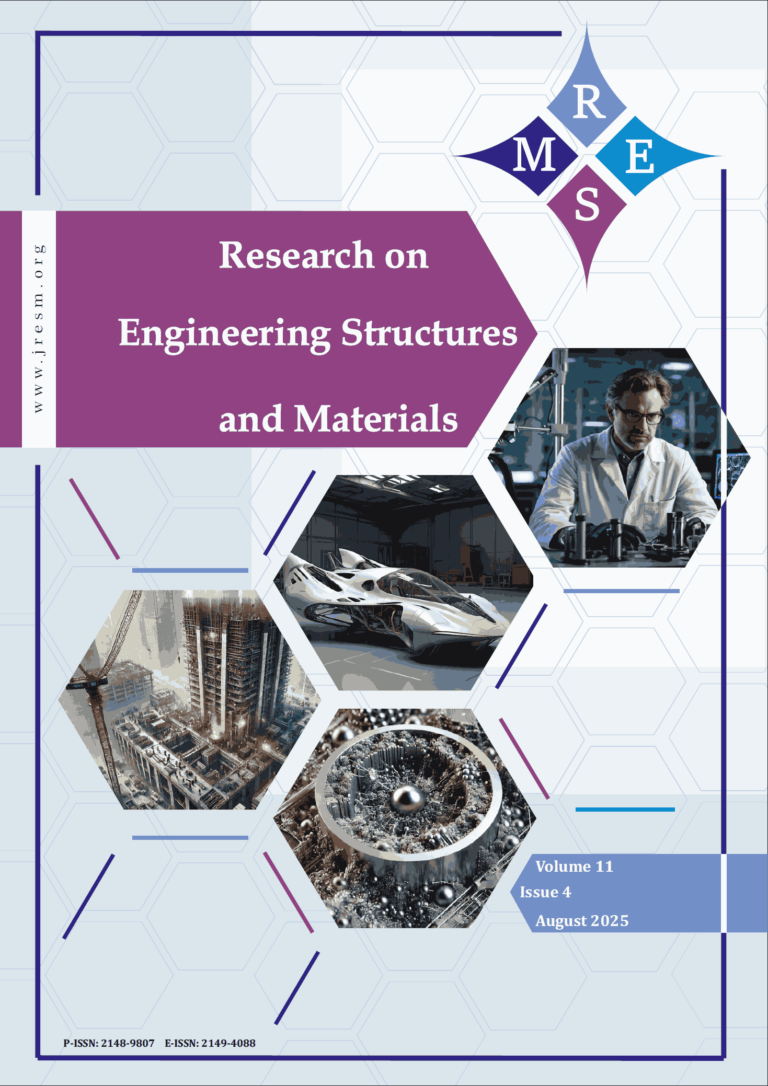In the quest for sustainable construction practices, integrating waste materials into the construction sector has gained significant attention. Sewage sludge ash (SSA) is a very attractive resource since it is readily available in large quantities and has the potential to provide significant environmental advantages. The present study, this study investigates the feasibility of utilizing supplementary cementitious materials (such as SSA) as a portion alternative to cement in mortar, aiming to reduce the environmental burden of sewage waste and enhance mortar properties. Experiments incorporated integrated SSA at 0% (control), 15%, 25%, 50%, and 75% of cement’s weight. Characteristics of mortar were evaluated at 7, 28, 60, and 90 days, evaluating mechanical characteristics such as flexural and compressive strengths, as well as physical attributes including water absorption, dry bulk density, and apparent porosity. The findings revealed that SSA inclusion significantly influenced the physical and mechanical characteristics of the mortar. 28-day compressive strength of the mortar sample reached 31 MPa when 25% of the cement was substituted with SSA. In comparison, the control sample exhibited a compressive strength of 42.25 MPa, indicating that up to 25% substitution is feasible and meets standard norms. SSA inclusion decreased dry bulk densities, increased water absorption, and improved porosity. Thus, this study demonstrates the performance of using SSA as an environmentally friendly substance and economical cement alternative in sustainable construction materials.
